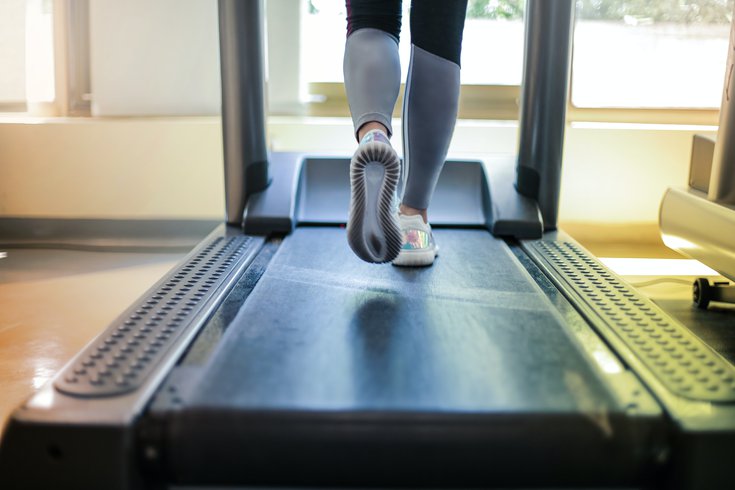
May 21, 2020
 Andrea Piacquadio/Pexels
Andrea Piacquadio/Pexels
Blood pressure spikes caused by moderate exercise may be a sign of future health issues, new research suggests.
High blood pressure induced by exercise may be an indicator of future heart problems.
Researchers at the Boston University School of Medicine found that high blood pressure resulting from moderate exercise puts young and middle-aged adults at greater risk of developing hypertension. And if high blood pressure lingers after exercise, their risk of cardiovascular disease and death also increases.
"The way our blood pressure changes during and after exercise provides important information on whether we will develop disease in the future," researcher Vanessa Xanthakis, assistant professor of medicine and biostatistics, said in a statement. "This may help investigators evaluate whether this information can be used to better identify people who are at a higher risk of developing hypertension and CVD, or dying later in life."
Blood pressure measures the force of blood against the arteries. Blood pressure numbers of less than 120/80 mm Hg are considered normal.
If left uncontrolled for years, hypertension can cause a lot of health issues, including heart disease, kidney disease and vision loss. Heart disease includes various conditions affecting the heart, like damage to blood vessels, heart rhythm problems and heart defects. Blood vessels that become narrow or blocked can lead to a heart attack or stroke.
Xanthakis and her team evaluated blood pressure changes during and after moderate exercise in almost 2,000 participants enrolled in the 1993 Framingham Heart Study, a major U.S. heart study.
Researchers asked the participants to run on a treadmill at a submaximal level for three minute-stretches. They then measured how long it took for their blood pressure levels to revert to normal. A slow return to normal blood pressure during recovery is a sign of potential cardiovascular issues.
The researchers followed the participants for 12 years to see whether exercise-induced high blood pressure led to an increased risk of developing hypertension, cardiovascular disease or dying.
Xanthakis advised people to know their blood pressure numbers and to work with their doctors to adopt healthy lifestyle changes, including regular exercise.
The study was published online in the Journal of the American Heart Association. The majority of the participants were women. About one-fourth of the participants were obese. The average participant was 58 years old.